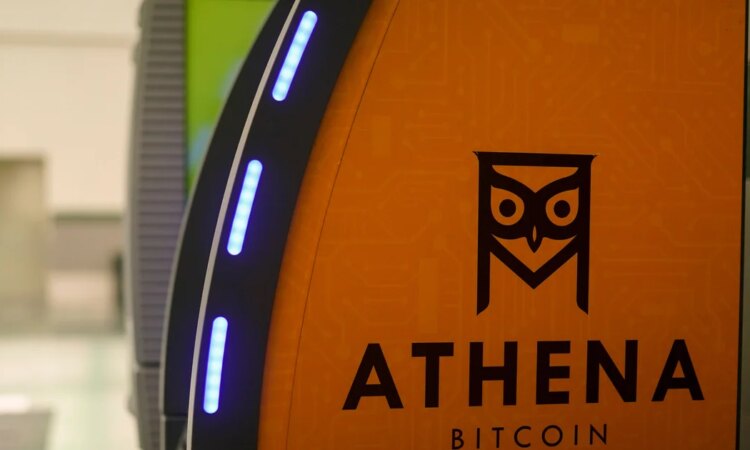
Diane Reynolds said she was caught off guard when someone contacted the Maryland retiree online and said access to her computer had been blocked for safety reasons.
“There was a voice message that was coming on with this that said, ‘Don’t turn your computer on, don’t turn your computer off,'” she told CBS News.
Reynolds was also instructed to call a phone number she was led to believe would provide her with tech support. Instead, she was connected to a scam artist who claimed that hackers had obtained access to her bank account. The only way to protect her money was to convert the funds into bitcoin, the person told Reynolds.
She withdrew her entire bank account balance, which totaled $13,100, and followed the scammer’s directions to go to a bitcoin ATM at a nearby gas station. The ATM was operated by Athena Bitcoin, which has more than 4,000 such terminals across the U.S.
Washington, D.C., Attorney General Brian Schwalb said such incidents highlight the surge in cryptocurrency scams linked to bitcoin ATM providers, resulting in the theft of millions of dollars.
“Bitcoin ATMs are a tool that scammers, that criminals, are using to separate people, including D.C. residents, from their hard-earned money,” Schwalb told CBS News. “Athena, as a bitcoin operator, knows that its kiosks are being used by this element, and yet [has] failed to put proper anti-fraud prevention systems in place to keep it from happening.”
He added, “What makes it worse is they are profiting from this because they’re charging very substantial fees.”
Schwalb in September filed a lawsuit against Athena, alleging that it charges “undisclosed fees on deposits that it knows are often the result of scams, and for failing to implement adequate anti-fraud measures.”
In a statement to CBS News, Athena Bitcoin said it “strongly disagrees with the allegations” and that it will contest the charges in court.
“We employ aggressive safety protocols to protect the financial interests of our customers. …Our kiosks employ multiple safeguards, from prominent warnings and daily transaction limits to five separate verification screens designed to stop coerced transactions,” the company said.
Reynolds is also suing Athena Bitcoin. Her attorney, Vaught Stewart, accused the company of “not just allowing the fraud to happen — they’re profiting from it.”
In Washington, D.C., Athena Bitcoin charged fees of up to 26% per transaction, while 93% of all deposits made through the company’s ATMs are linked to scams, Schwalb alleged in his suit.
For her part, Reynolds wants to help others avoid losing their savings. “Now I’m an advocate for just telling people this is real,” she said. “Be aware.”
Financial scams connected to bitcoin ATMs are on the rise, according to the Federal Trade Commission.
The Better Business Bureau, which ranks crypto-related fraud as one of the most common types of financial scams, notes that fraudsters tend to target the senior population.
Claims from an unknown source that your computer has been hacked is one major tip-off that someone is trying to swindle you, according to the organization.



